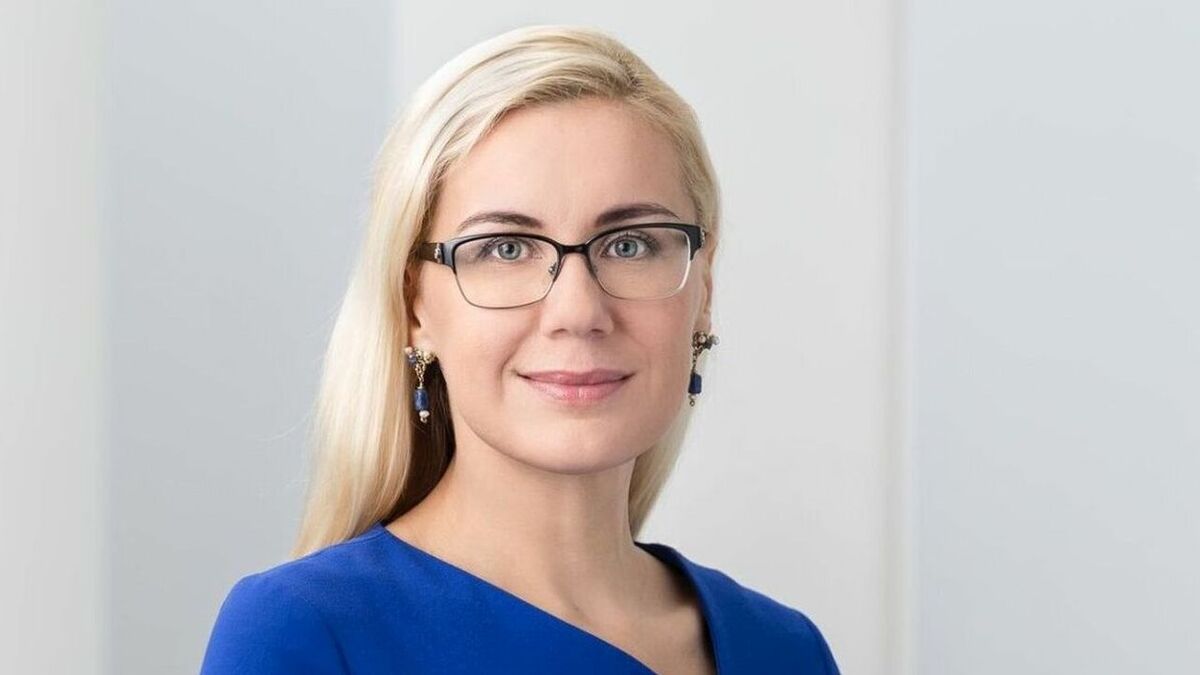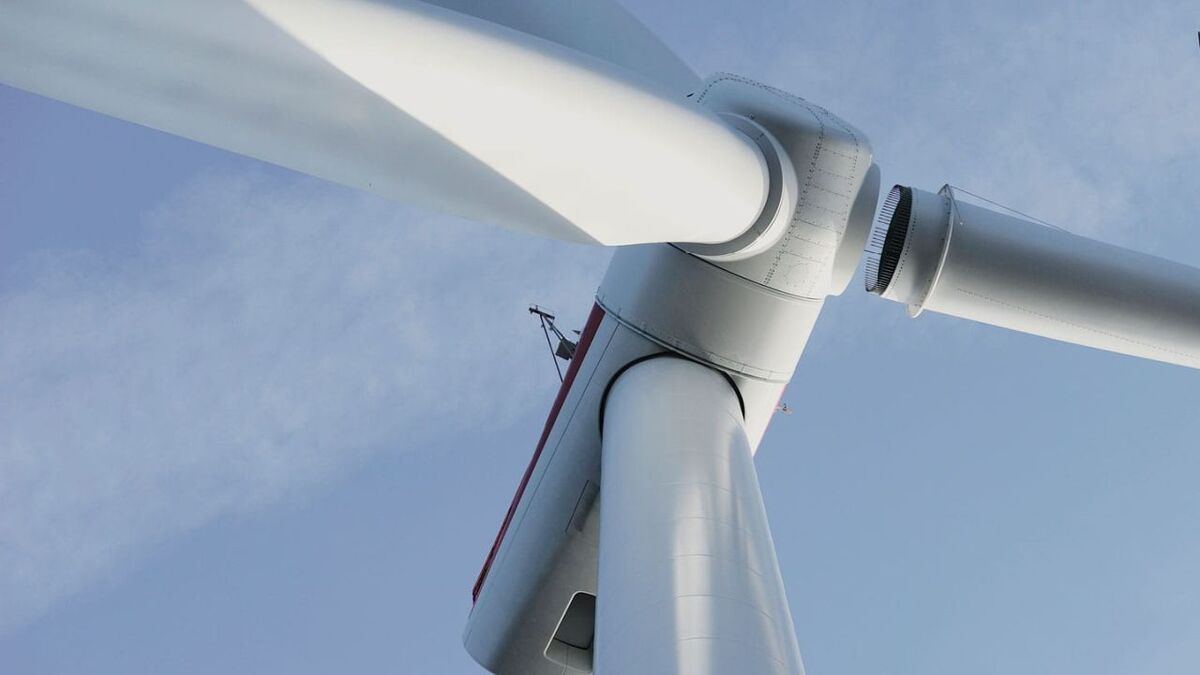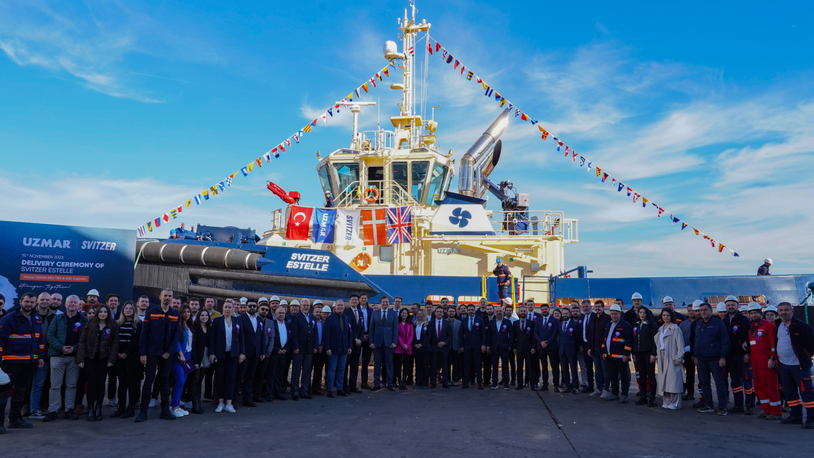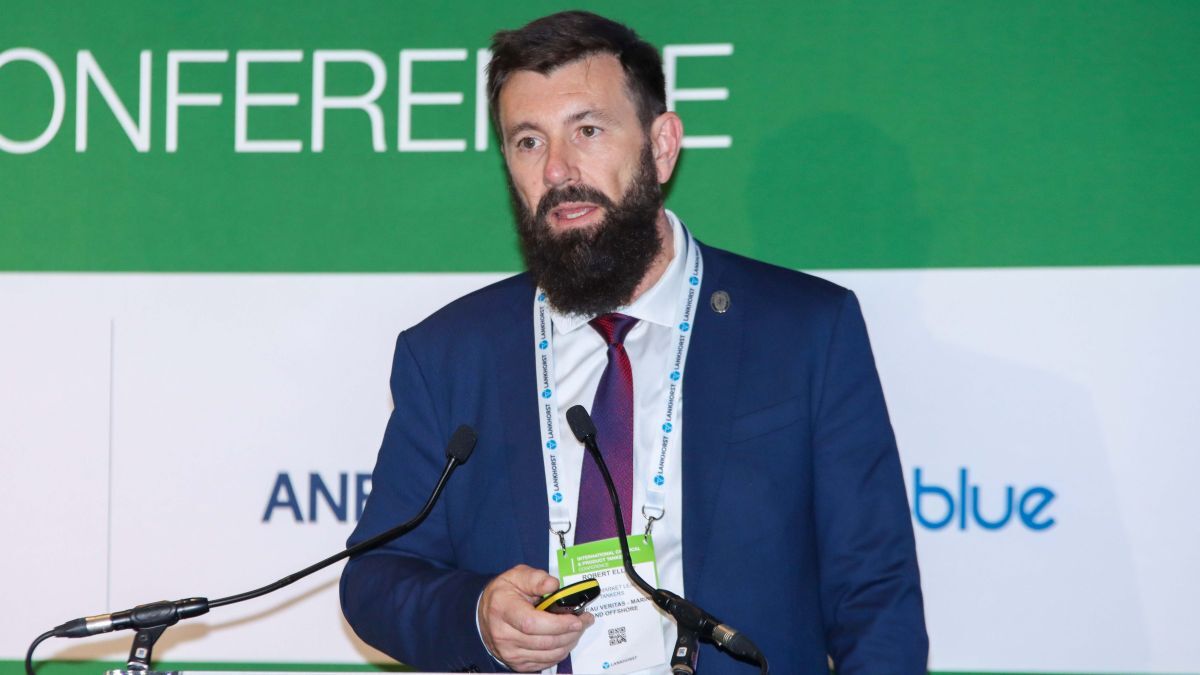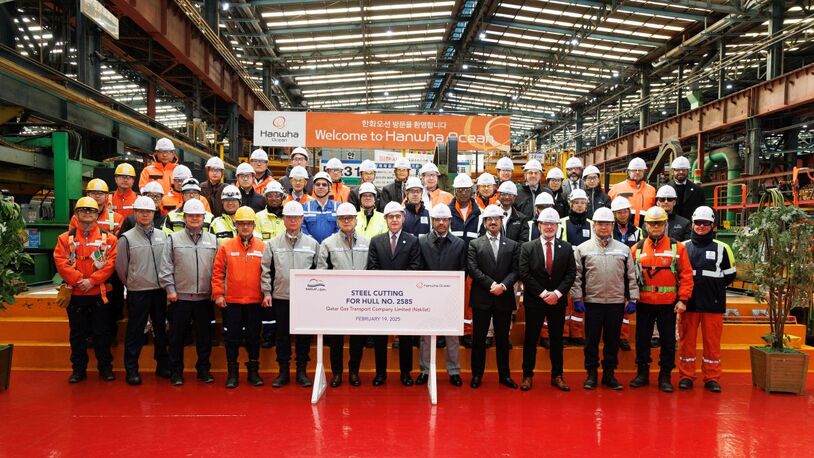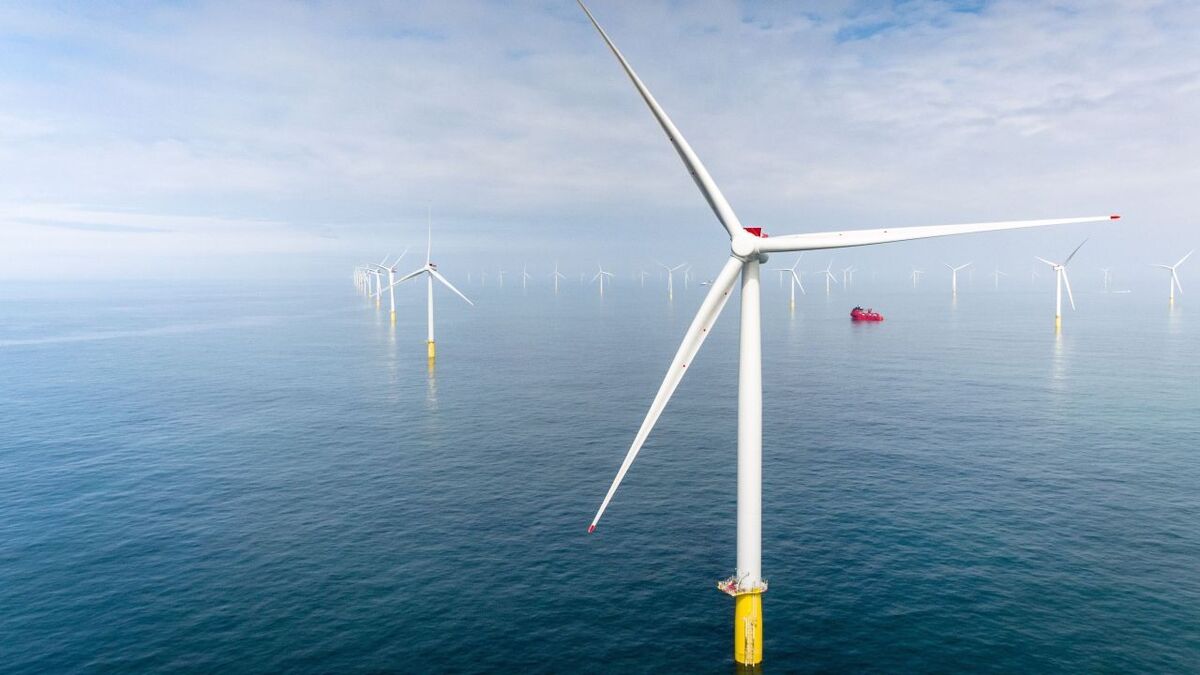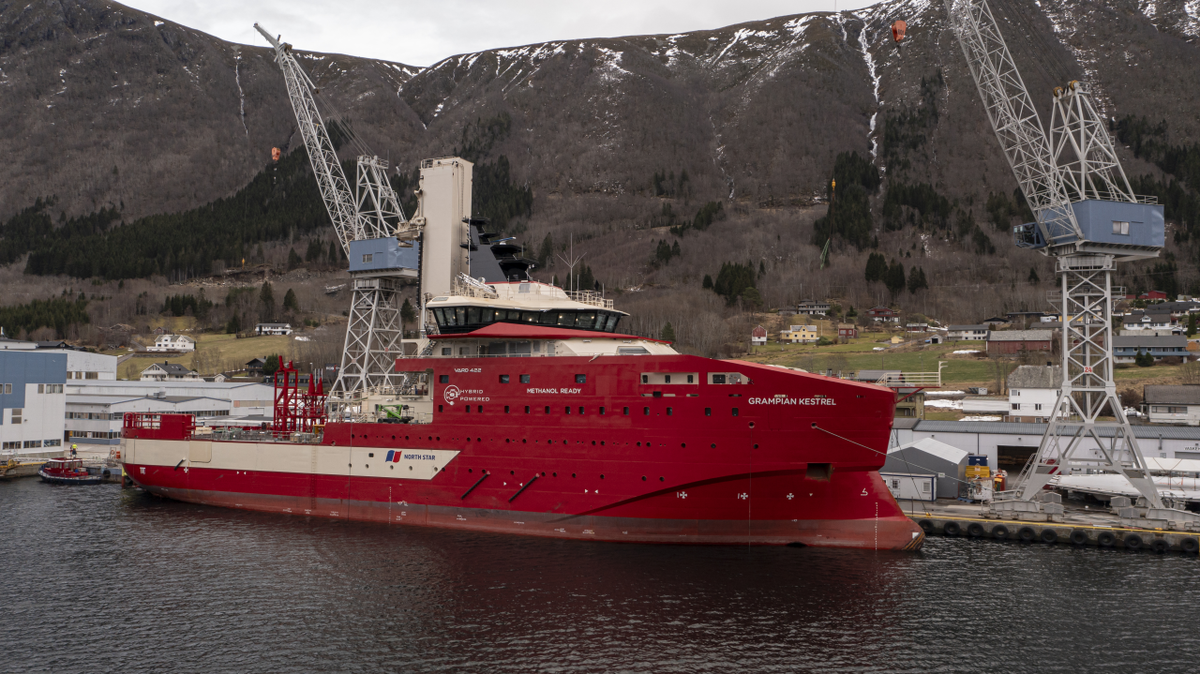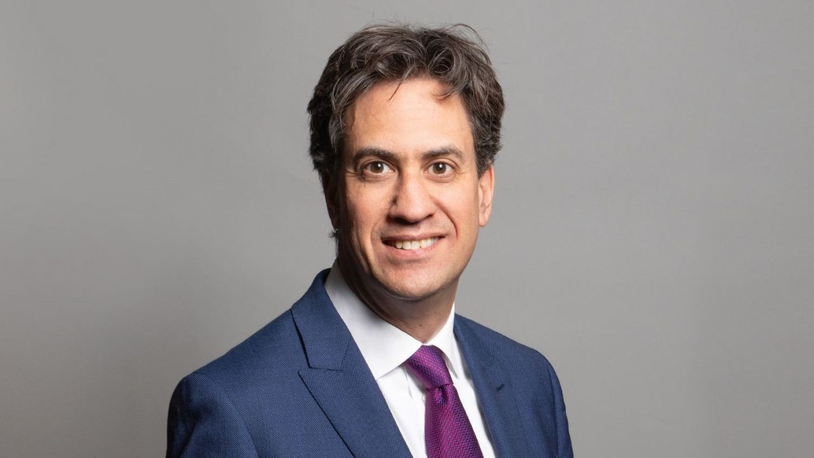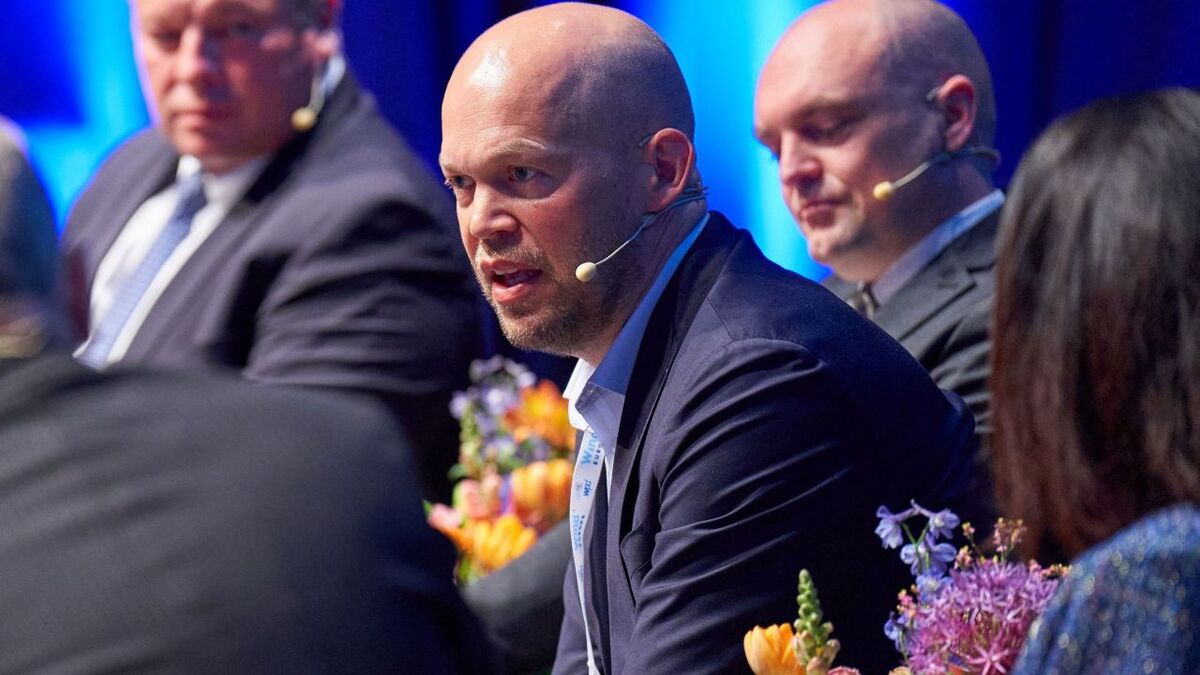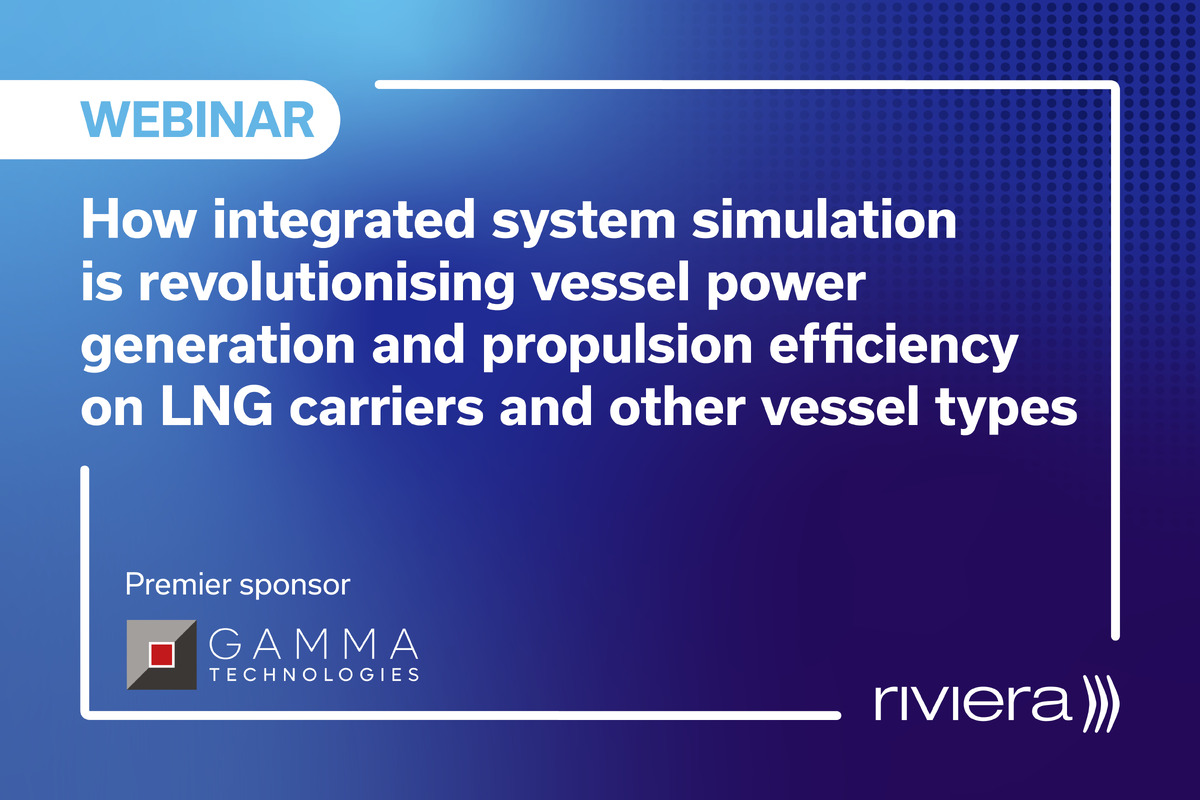Business Sectors
Events
Contents
‘Think basins, not borders,’ EU Energy Commissioner tells central Europe
EU Commissioner for Energy Kadri Simson has exhorted central European countries planning offshore windfarms to co-operate and said cross-border collaboration is the key to success
Addressing a Central European Energy Partners conference earlier this week, the Commissioner said countries in central Europe, in the Baltic and Black Sea, are ideally placed to take advantage of offshore wind as a source of clean energy and job creation.
She urged them to recognise the advantages of a joint approach to project development and think not of where their borders are but of sea basins, which they can exploit by working together.
Ms Simson said, “We need to make sure we are not planning in isolation. Think basins, not borders. We need to look beyond national interest and co-operate.”
The Commissioner highlighted the success of a regional approach and collaboration in other areas of energy policy and said a sea basin approach to development of offshore wind in central Europe would yield the greatest dividends for countries in the region.
Addressing the high-level conference, she said offshore wind provides countries in central Europe with the ability to replace existing generation, much of which is based on coal, lignite and natural gas with clean energy.
She highlighted the EU’s recently announced Offshore Renewables Strategy, which sets massive goals for offshore wind, and financing mechanisms and support available to central European countries hoping to build offshore windfarms. This includes EU assistance to help cover investment costs and the availability of various EU funds, such as the Connecting Europe Facility, Resilience and Recovery Facility and Cohesion funds.
Ms Simson said the European Commission has also set up a Renewable Energy Financing Mechanism under the Governance Regulation. This new mechanism will implement EU-wide tenders for renewable energy. It is available to member states willing to host projects. “This instrument can be very interesting to trigger cross-border investments in the field of offshore wind,” she said.
“The industry supporting offshore wind is a pan-European one,” she told the conference. Even land-locked countries without a coastline can benefit from it, she explained, highlighting the pan-European nature of the supply chain and a growing number of bilateral agreements between landlocked states and those with sea areas they are exploiting to generate clean energy.
Lithuania has already signed a memorandum of understanding with Luxembourg, and the Flanders region of Belgium, to develop joint renewable energy projects, and Estonia has developed similar co-operation. The Commissioner said another excellent step forward in this ‘basin approach’ is the plan put forward by three Baltic States to develop offshore wind and set up joint renewable projects together.
Speaking at another recent conference, the Annual Baltic Energy Forum, the Commissioner said building up offshore renewable energy “is a pan-European priority and has a special resonance for the Baltic,” where studies suggest there is 93 GW of offshore wind capacity.
“Getting there will mean a shift in activity. But most importantly it will mean a shift in mind-set, from border to basin. Regional co-operation is the only reasonable way to reach this goal,” she said, noting that this approach is already taking hold, notably with the Baltic Sea Offshore Wind Joint Declaration of Intent. A Baltic energy market interconnection plan working group dedicated to offshore wind is to start work shortly on an offshore grid in the Baltic Sea region shortly.
“Realising domestic offshore wind potential creates opportunities for the region,” the Commissioner concluded. “Offshore wind power can give a boost to green jobs and help put in place new industries such as renewable hydrogen and battery storage and new offshore wind value chains.”
Related to this Story
Events
Maritime Environmental Protection Webinar Week
The illusion of safety: what we're getting wrong about crews, tech, and fatigue
Responsible Ship Recycling Forum 2025
© 2024 Riviera Maritime Media Ltd.


